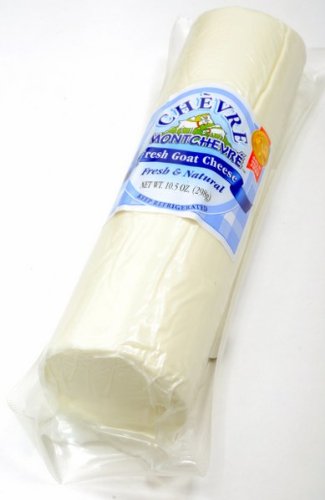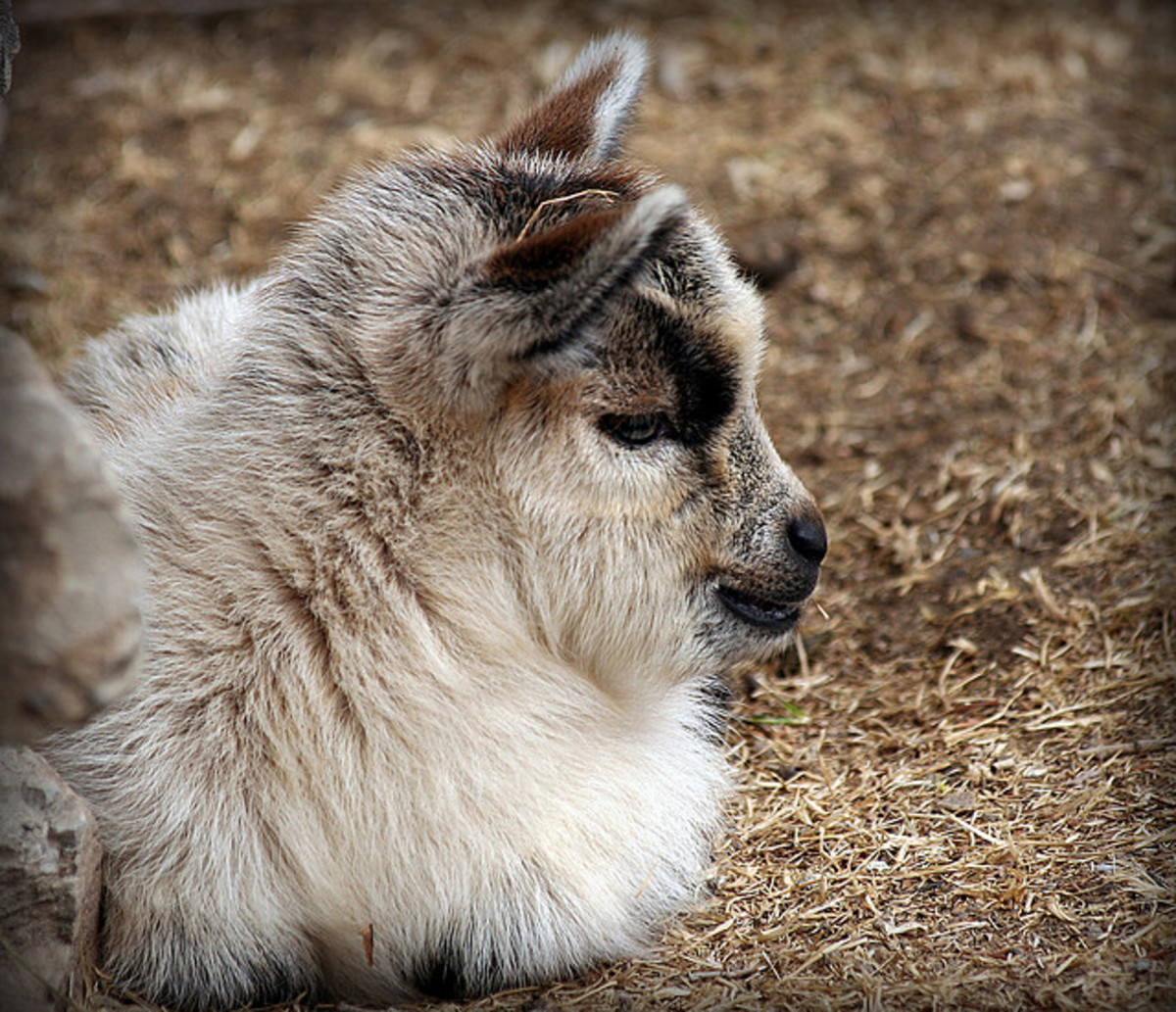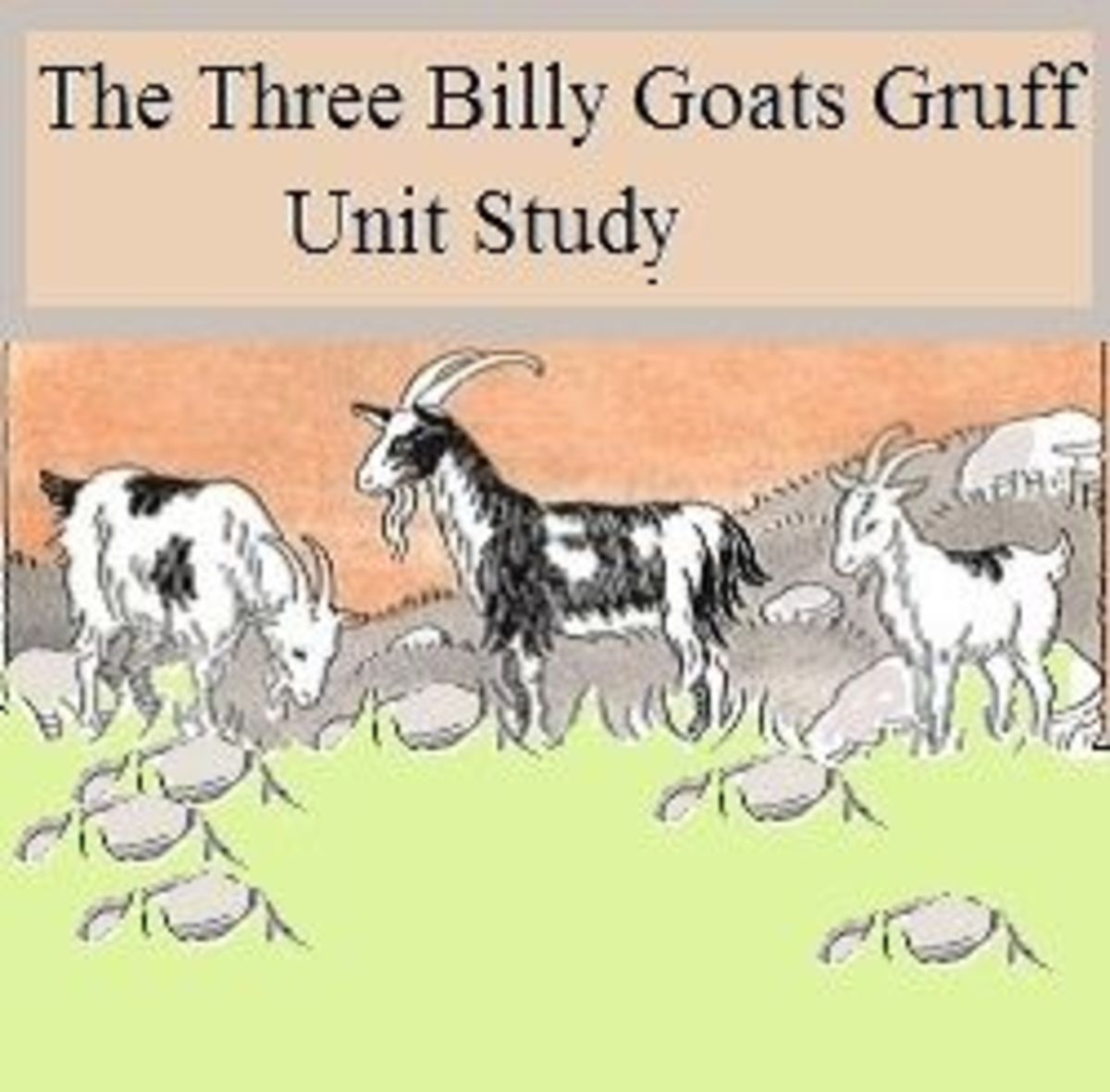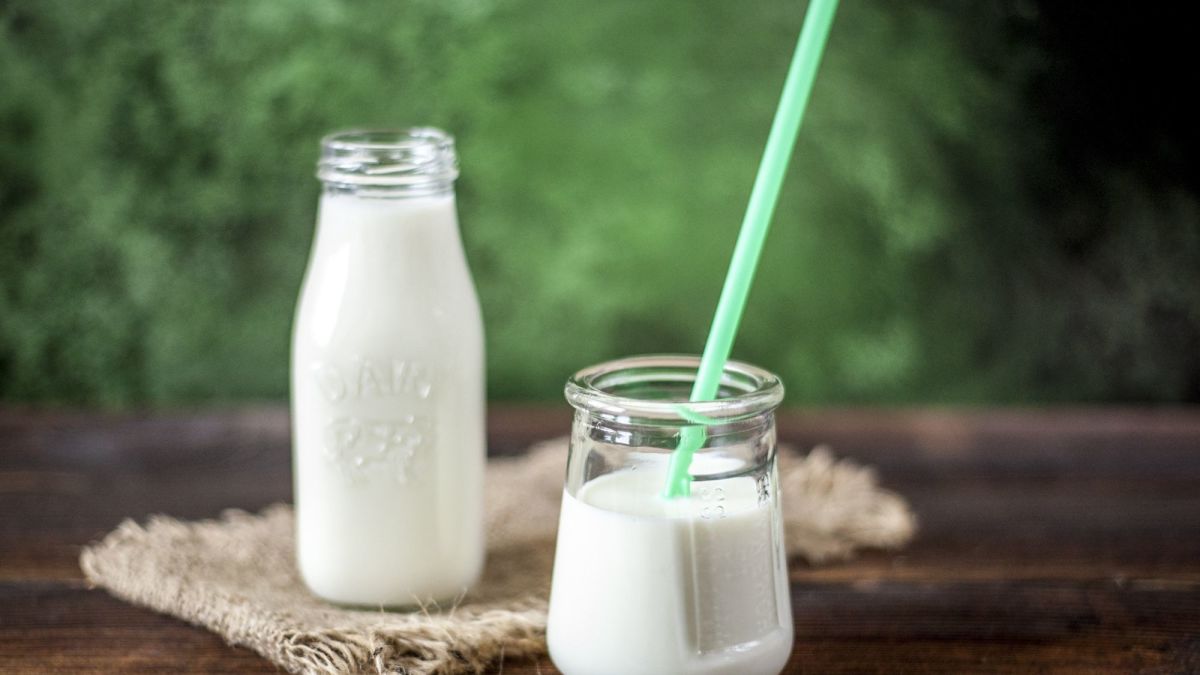Goat's Milk Benefits - Answers to Three Common Questions
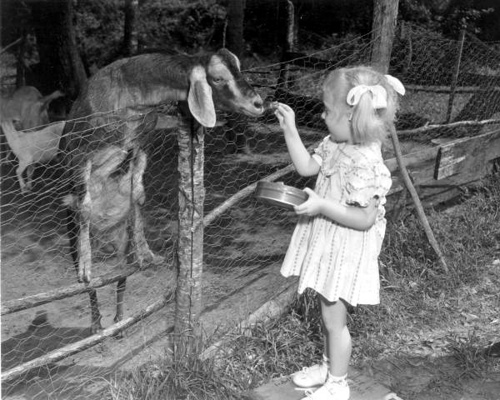
What Makes Goat's Milk taste "Goaty"?
In my experience as an employee in an artisnal cheese department, I am repeatedly asked the same questions about goat cheese. Answers to these questions surprise most customers just as they surprised me when I first learned about them. The question asked most often about goat milk cheese is “what makes a goat milk or its cheese taste goaty?” Believe it or not, there are several factors that can lead to making a goats milk taste “goaty”.
While a female goat or doe is the milk producer, ironically, one answer to this question of “goaty” cheese has nothing to do with the female of the goat species at all. It can be blamed entirely on the male or the buck. If a buck is kept in the vicinity of the milk producing flock of does, his mere presence will add a musky scent to the milk and give it a “bucky” undertone. This musky undertone is not a desired quality when it comes to the flavor a goat dairy farmer is trying to express in milk. To offset a musky milk flavor, bucks, generally, are kept in a separate house from the does unless it is breeding season.
Feed and breed can also affect the flavor of goat's milk. It is known that a Nubian goat will produce sweeter and creamier milk than a Toggenburg goat. The milk of a Toggenburg goat is often used in producing a strongly-flavored goat cheese while the milk of a Nubian results in a fantastic chevre. Feed is a factor, too! In the colder months, goats may be ingesting commercial feed vs. grazing outside on grass as they would in the warm months of the year. Alfalfa as a feed is generally known to cause a bitter quality in goat’s milk and wild herbs such as onion or garlic can adversely affect the taste of milk. The farmer who is consistent with their goat's feed obtains consistent milk and therefore a consistent cheese. There are other factors that contribute to flavor, including the handling and storage of milk, but for the most part, the influences described above are critical.
Benefits of Goat's Milk vs. Cow's Milk
Another common question about goat cheese is “why is goat's milk better than cow's milk?” Honestly, this question is a matter of personal preference for the consumer. Goat's milk digests more easily. According to Buttercupsoap.com, “goats milk is digested in 20 minutes whereas cow’s milk can take up to nearly a full day.” Goat’s milk does not contain the Alpha S1 casein proteins that are found in cow's milk. Alpha S1 proteins do not digest well and sit in the stomach and ferment causing gas and bloating. Consumers with digestion problems more readily digest goat's milk products better than cow's milk. Goat milk does contain lactose, however. The lactose count is not as high as that found in cow's milk but it does exist. The confusion lies in the fact that goat's milk is naturally homogenized while cow's milk is not. Homogenization means that the fat globules are smaller than and not as condensed as cow's milk. This natural homogenization lends to a more easily digested product.
Figs and Goat Cheese
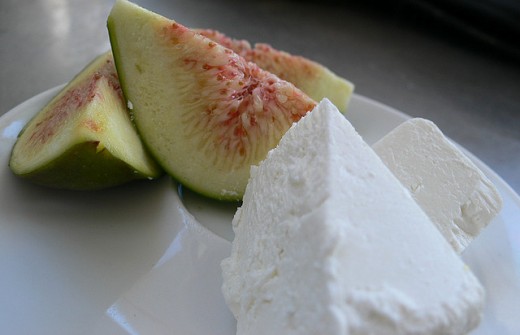
Why Are Some Goat's Cheese Hard to Find?
The third question commonly asked about goat cheese is “why isn't a particular brand or style of goat cheese not available?” Styles of goat cheese can be out of stock particularly if they are from a local producer due to the gestation period of the goats on their farms. The gestation period limits milk production since does are given time to heal or “dry off”. Goats typically come into heat twice a year. Goat breeders may choose to have their kids born in the winter or spring months. New England goat farmers prefer to have their does birth in the spring so that the kids are born in warm weather. This helps survival rates since the babies are not born into severely cold weather and provides them with healthier outdoor vegetation to eat. Milking is a demanding process on a female goat. Three months time is usually given to let a female “dry off”. This three month time cycle causes a shortage of goat's milk and some cheeses are not produced while a farm's goats are dry.
Marinated Goat Cheese
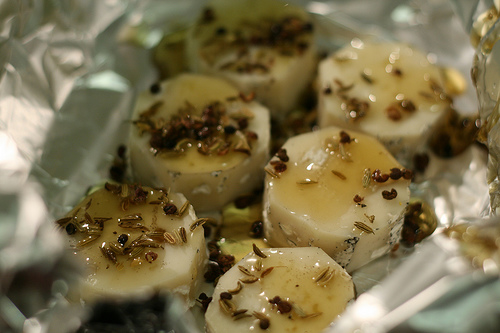
Goat Cheese Survey
Do You Eat Goat Cheese?
Who Put Goat Cheese on the Map?
One of the biggest challenges in the goat milk cheese industry is getting a consumer to try it. Many people have a notion that goat cheese is not palatable. This is just not true. Goat milk cheeses are delicious and made in as many styles as that of cow's milk. In the 1970s, goat milk cheese production in the U.S. was practically unheard of. Goat milk cheeses at the time were almost entirely imported from France. It was not until Mary Keehn, owner of Cypress Grove Chevre in California, started to sell her goat cheeses to local restaurants that a market and demand was created for the tangy white stuff. Her company is one of the foremost goat cheese companies found in the United States. Keehn's Humbolt Fog and Purple Haze Goat Cheeses are her most recognized and nationally known cheeses.
Cypress Grove Founder - Mary Keehn
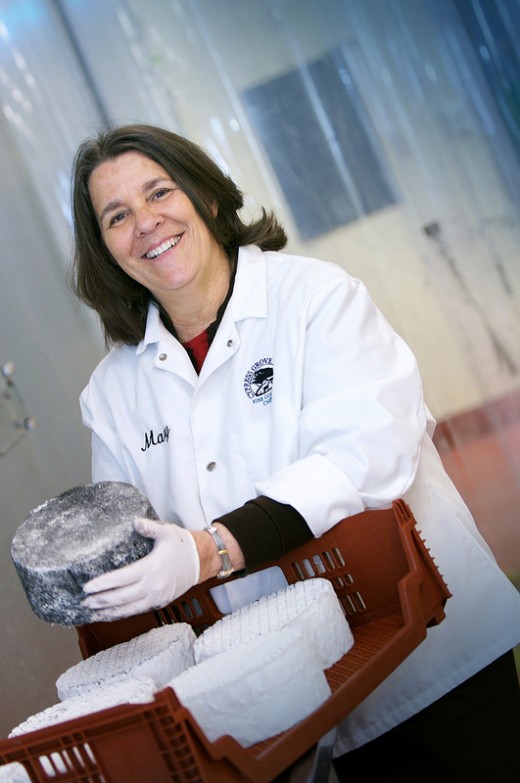
Goat Chevre Nutritional Information
Calories
| 80.0
| |
|---|---|---|
Total Fat
| 6.0 g
| |
Saturated Fat
| 4.0 g
| |
Sodium
| 170.0 mg
|
Based on a serving size of one ounce

Make Your Own Goat Cheese
These Might Interest You...
- Chocolate and Yoga
Fun blog listing healthy eating tips and healthy living tips.
© 2014 Corey

